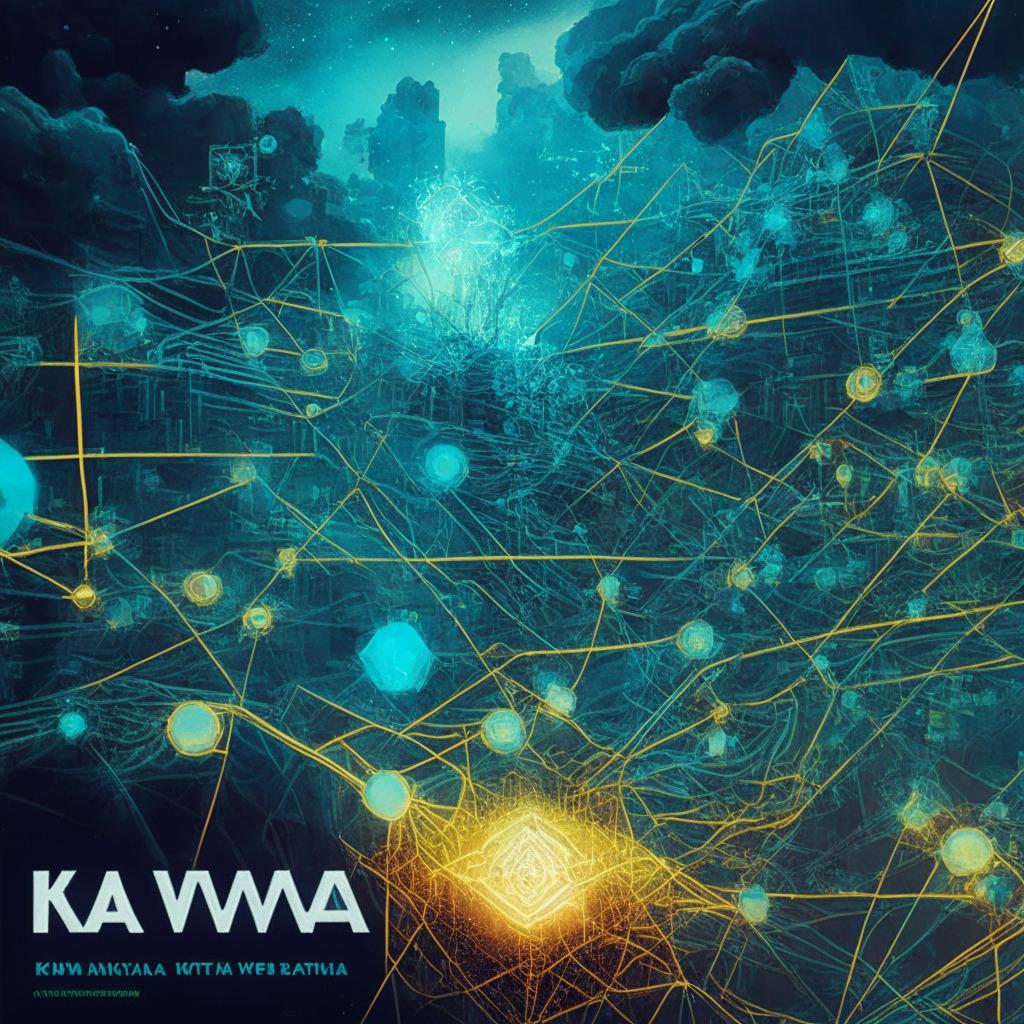In an era where the digital sphere continues to advance at an exponential rate, tech giants like Twitter, now rebranded as “X”, are attempting to transform into holistic hubs — a one-stop-shop for conversations, ideas, transactions, and more. However, the centralization of our digital existence brings with it major concerns about user safety, privacy, and control.
The transition to an all-encompassing app is not entirely innovative – one could argue that it was motivated by the success of China’s WeChat platform, lauded by Elon Musk as an integral part of Chinese life. However, what seems far-reaching convenience may indeed be fraught with significant implications. For instance, revoking access to the platform on arbitrary grounds can effectively obliterate an individual’s digital existence, as exemplified by WeChat’s arbitrary user bans.
The alarming aspect of this is the lack of autonomy over one’s digital identity. Simply put, with the sudden involuntary change of user handle, X mirrored a practice of digital imperialism that is unfortunately prevalent in several large scale, centralized services. Such drastic actions underscore the vulnerability that comes with trusting all information to one platform.
The phenomenon of “everything-platforms” is not just limited to X. Meta introduced Threads, another addition to its list of digital offerings. Despite concerns regarding the potential for data misuse, given Meta’s contentious history, such platforms persist as they collect valuable user data and embed their presence into everyday life.
However, there is growing resistance against such invasive practices. A global digital awakening is on the horizon, with digital sovereignty emerging as an essential aspect of our increasingly digital life. Innovations in blockchain and cryptographic technology are stepping stones towards a decentralized future, enabling users to manage their identity and data independently.
An excellent example of a decentralized social media platform is the Nostr protocol. Its censorship-resistant nature and straightforward user experience make it an attractive alternative. Even Jack Dorsey, Twitter’s original creator, is reportedly involved with Nostr. It provides a platform for ready adoption with no information harvesting under the guise of convenience.
Ultimately, the choice of how to exist online boils down to personal preference. The metric of evaluation is often convenience versus control. While some may continue to gravitate towards all-in-one platforms like X due to its streamlined utility, others who have recognized the potential threat to their digital sovereignty might veer towards decentralized solutions. The goal, in the end, should be to create a balanced digital ecosystem that serves everyone, where each user has unfettered control over their data.
Source: Coindesk




